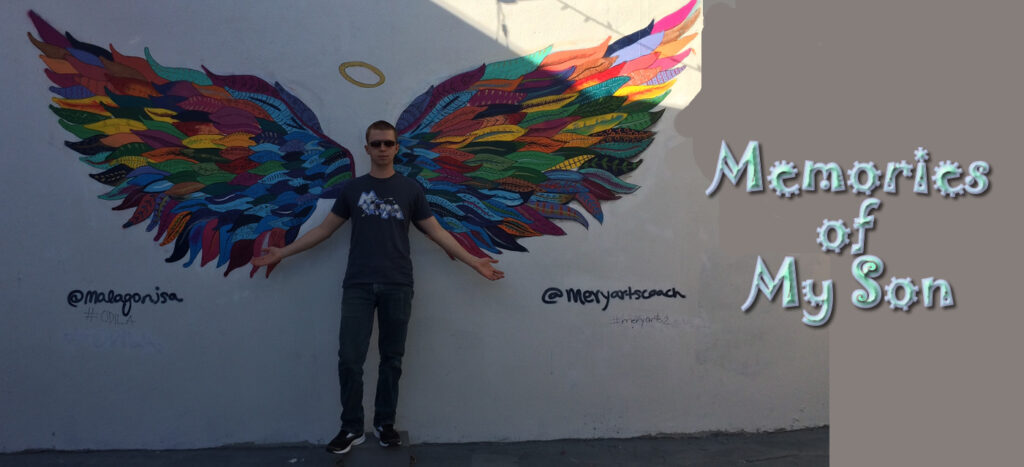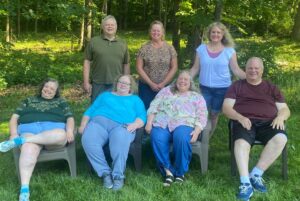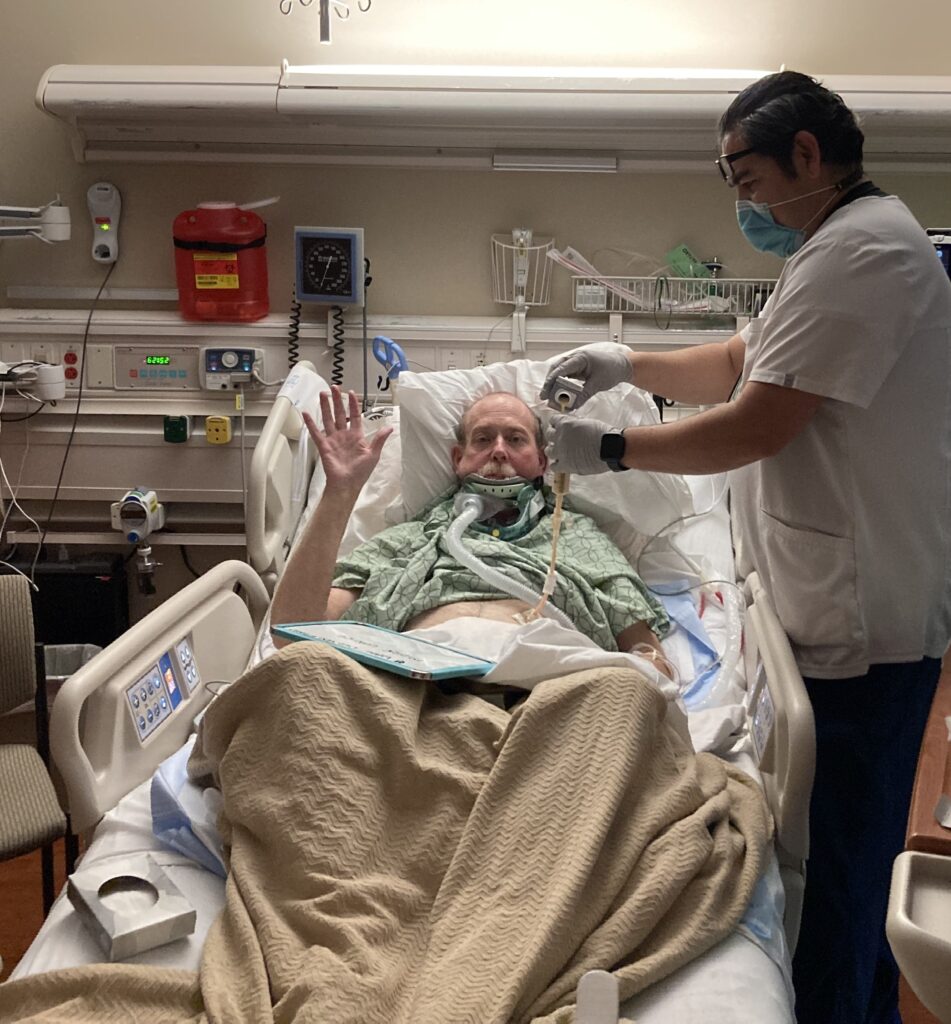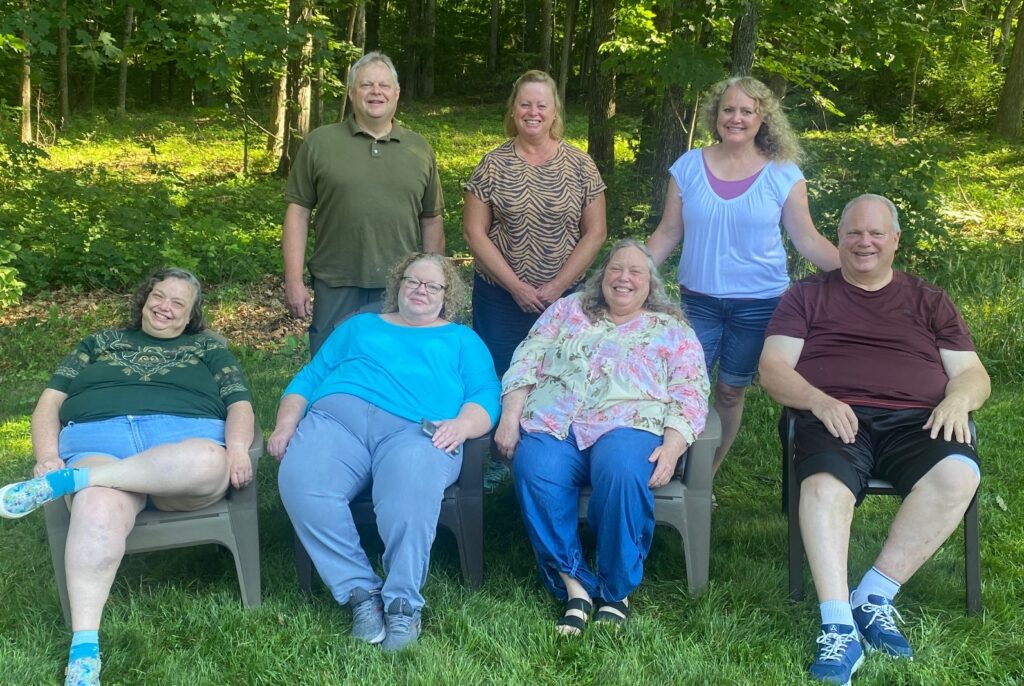Imagine you are a 12-year-old girl, and a 50-year-old man (known as the bishop (1)) calls you into his office. Not only is this bishop about 3x your age, you are alone with him. He asks you a series of questions to determine your “worthiness.” Most of the questions have to do with whether you believe all the right things. (2)
But then, he gets to the questions: "Do you strive for moral cleanliness in your thoughts and behavior?" and "Do you obey the law of chastity?” If you just say, “yes,” he will probably move on, and minimal harm is done.
But it can be much worse. As a typical 12-year-old, you might not understand exactly what "moral cleanliness" or “chastity” mean, so you ask this 50-year-old man to explain. He turns red and mentions masturbation or necking and petting. (3) You don’t know what these words mean either, so you have to ask for further explanation. The much older man explains sexual acts in increasingly specific detail. (4) If after this incredibly embarrassing and uncomfortable interaction, you say that you do strive for moral cleanliness and obey the law of chastity, you can move on and suffer nothing but a little humiliation.
But it can get much worse. Suppose you have masturbated. Not wanting to talk about something so personal with a 50-year-old man, you might be tempted to lie. However, you have been taught that the bishop has the spirit of discernment and will know if you’re lying. (5) So you admit the truth. He will then go into questions about when you started, when you last did it, how often you do it, whether you look at porn while doing it, etc. He might even ask you about your technique. He then might just tell you to repent and pray for forgiveness.
But it can get even worse. He might decide that you need continued counseling to overcome your sin and insist on follow up interviews in order to monitor your progress. You now have to go monthly into an office alone with an adult man and discuss touching yourself. He also might tell you that you can’t take the sacrament for a period of time. (6)
The first Sunday after this, your parents notice that you didn't take the sacrament. When you get home, they ask you why. If you tell them that the bishop told you not to for a period of time, they will ask for details. Now you have to either lie to your parents or tell them about your masturbation habit. If your parents suspect you are lying, they will press you on it, or they could even call the bishop who will likely tell them. You have now been shamed and humiliated for a completely normal and age appropriate activity by a 50-year-old man, your parents, and the entire congregation. You feel unclean, disgusting, and shameful. You imagine you are the only one in the ward who has done something so awful. You now obsess about your behavior and feel guilty even thinking about kissing a boy. As obsession often does, your hyperfocus on masturbation makes it even more difficult to resist, leading to you masturbating more often rather than less. The guilt and the shame can be debilitating. You decide you are a hopeless sinful person. (7)
But it can get still get worse. The above scenarios supposes a bishop with no nefarious intention. Imagine, instead, you have a bishop who is less than noble. You now face a child predator prying into your every sexual thought and action. You are incredibly uncomfortable every time you have to be alone with him, but there’s no way to escape it. If you tell your parents how uncomfortable the bishop is making you, they will probably interpret as a sign of you feeling guilty about sinning and insist you keep going. It can escalate from having you talk about touching yourself to him asking to see how you do it, etc. You can imagine how much further it can and does go. Yes, the Mormon church has covered up case after case of the sexual abuse of children through their high powered lawyers and non-disclosure agreements.
In the best case, you are like me and never have a bishop with bad intentions. I still grew up with extremely unhealthy feelings of shame about anything sexual that took me years to undo as an adult..
Yes, this still continues to happen in 2023. One might ask, “Isn’t the church aware of how damaging this can be for children and how easy it makes it for child predators to find and manipulate victims?”
The answer would be yes, yes, they are. In 2018, Sam Young, a 65-year-old former Mormon bishop, learned of his daughters’ experiences with bishops and realized how inappropriate these interviews are. He started an organization called Protect LDS Children, (8) which collected stories of Mormons who had been victims of abuse due to these interviews and circulated a petition calling for an end to bishops asking youth sexual questions. This petition garnered 55,000 signatures, and Young personally delivered it to the Church office building in Salt Lake City. He even staged a 23-day hungry strike outside the Church office building in Salt Lake City, trying to get one of the church’s top leaders to come down and hear the stories of abuse from victims. Instead of doing so, The Church of Jesus Christ of Latter-day Saints issued a press release stating, "They have received and reviewed his materials and understand clearly his viewpoint. Further meetings with him are not necessary to clarify his position on this matter.” (9)
In response to Sam’s activism, the Church did make a couple of minor changes to the process, including allowing the child to have a parent with her if she desired, but they refused to eliminate these completely inappropriate sexual questions. When Sam continued to protest, he was excommunicated. So yes, the church knows how harmful these interviews are and will relieve you of membership if you get too noisy about it.
After last week’s post, I had several current Mormons objecting to my characterizing the Mormon church as a cult. I stand by that characterization. These interviews are only one of the many reasons .
I would love to hear any of your thoughts on cults, purity culture, or Mormons. If you have a question about Mormons that you’d like answered in a future blog entry, post it in the comments. Or tell your own story of how purity culture, either within the Mormon church or elsewhere, affected you.
1 A bishop is the leader of a local congregation (known as a ward), and he is an unpaid, parttime lay minister chosen for the position by the church hierarchy. He could be anything from a dentist to an engineer in his profession. He has no theological training, no counseling education, no experience of any kind that would qualify him to work with youth. After being called, he is provided little additional training.
2 For a full list of questions, see https://newsroom.churchofjesuschrist.org/article/october-2019-general-conference-temple-recommend#questions
3 Necking and petting were archaic words 40 years ago when I was asked such questions. I didn't learn what they meant until at least college. Up at least until I left the church about 10 years ago, they were still being used by church officials.
4 There are any Mormon youth who first learn about masturbation while alone in the room with a much older man.
5 Since 12-year-olds tend to be bad at lying, he actually might know.
6 People who confess to sin are often told this. The sacrament is passed in church every week. People notice who doesn’t it take it.
7 In case, you are wondering boys have to go through this process as well.
8 See the organization's website at https://protectldschildren.org/
9) For the full press release, see https://newsroom.churchofjesuschrist.org/article/church-statement-on-sam-young


 We’ll get to both of these things. The Word of Wisdom is the Mormon health code. It is supposed to assure good health and long life. This is a picture of my siblings and me at the reunion. If you count, there are only seven of us. There should be eight. Instead of joining us, my brother Roy was at home, dying of cancer. I visited him the week before the reunion, and seeing just how ill he’d become was heartbreakingly difficult. He is only 57, two and a half years older than me, and he doesn’t have long left. Roy first got cancer of the tongue about 25 years ago. With periods of remission, he has been battling cancer of the mouth and throat ever since.
We’ll get to both of these things. The Word of Wisdom is the Mormon health code. It is supposed to assure good health and long life. This is a picture of my siblings and me at the reunion. If you count, there are only seven of us. There should be eight. Instead of joining us, my brother Roy was at home, dying of cancer. I visited him the week before the reunion, and seeing just how ill he’d become was heartbreakingly difficult. He is only 57, two and a half years older than me, and he doesn’t have long left. Roy first got cancer of the tongue about 25 years ago. With periods of remission, he has been battling cancer of the mouth and throat ever since.
